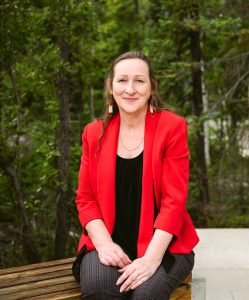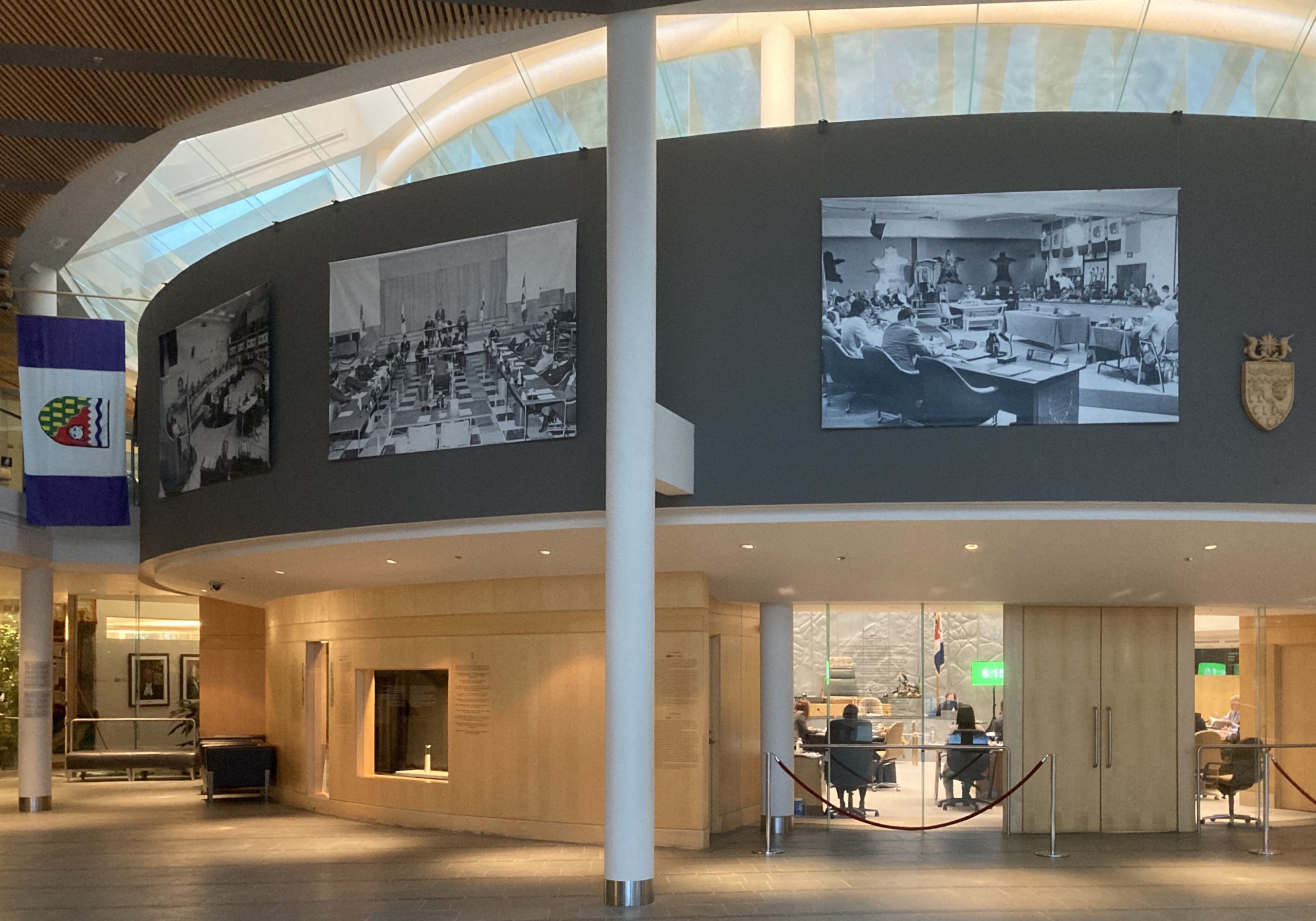Leaders from nine Indigenous governments and the Government of the Northwest Territories, agreed to adopt a new protocol that will guide future legislation.
The deal was called a “historic first” in Canada. It enhances the duty to consult, which Premier Caroline Cochrane said in a press conference on Thursday had often been misinterpreted by past territorial governments. The new protocol gives Indigenous governments more control over development on their land.
Chiefs and leaders from the Tłı̨chǫ Government, Northwest Territory Métis Nation, Salt River First Nation, Inuvialuit Regional Corporation, Sahtu Secretariat Incorporated, Kátł’odeeche First Nation, Gwich’in Tribal Council and Acho Dene Koe First Nation were part of the discussions.
“We are conservationists, for sure. But we’re not against moving on, and developing our territory and with this protocol, were able to do that together and in a manner that’s totally different from how it was done before,” said Garry Bailey, President of the Northwest Territory Métis Nation.
“Before it was just taken and shoved down our throats, I guess we could say,” he added. “It’s no longer like that.”
The protocol is mainly focused on land and resources legislation.
The agreement changes the duty to consult clause in the agreement — which is present in most treaties Canadian governments have with Indigenous governments — to give more decision making power to Indigenous governments.

Cochrane said territorial and Indigenous governments in the past didn’t always see eye-to-eye on the limits of the duty to consult.
“The protocol recognizes that we are co-governments on this territory, the GNWT is not the higher government,” said Cochrane. “We are equal at the table and that is the message that we want to carry forward as we continue this work going forward.”
Cochrane added the Indigenous governments picked up the pen for the protocol and led the way for this agreement.
While the protocol may make discussions harder occasionally, Cochrane said “the only time that we lose is when people walk away from the table.”
Cochrane added the protocol would be reviewed, as it is one of the first in Canada and may need to be adapted to suit its purposes.
The protocol also supports the implementation of the United Nations Declaration on the Rights of Indigenous Peoples by respecting, consulting and collaborating with Indigenous Governments on land and resource management.
Cochrane did not give a timeline for when UNDRIP would be implemented, and said Indigenous governments would be leading the implementation of UNDRIP moving forward. But she noted this protocol does build on some of the recommendations within UNDRIP.
“The decisions we’ve made together today, are allowing us to take our rightful place,” Deputy Grand Chief Kristine McLeod, Gwich’in Tribal Council said. “It allows us to take our rightful place, leading the future of the North.”




